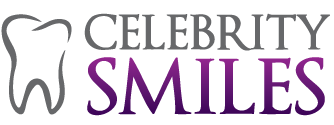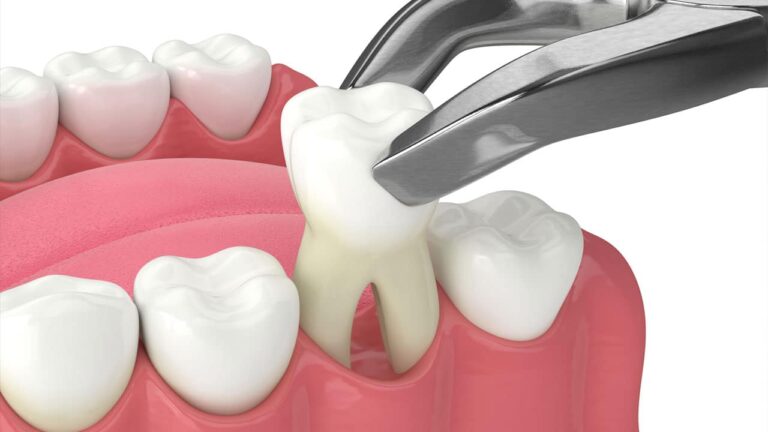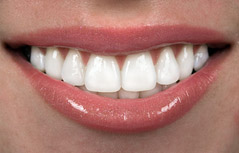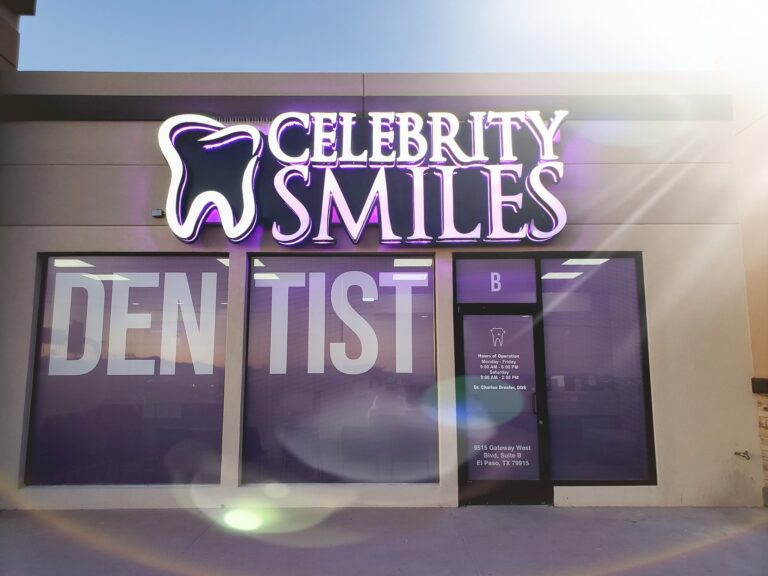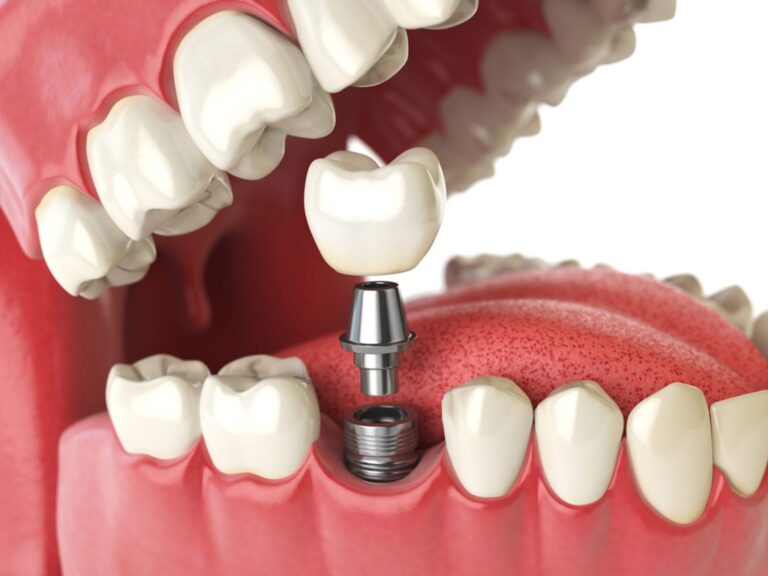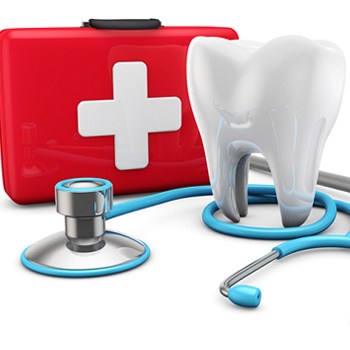You may have seen wellness influencers on social media swishing a spoonful of coconut oil in their mouths, calling it a secret to whiter teeth and better health. This practice, known as oil pulling, has gained significant attention in recent years. But it is far from a new trend. It’s an ancient Ayurvedic technique that dates back thousands of years.
With claims ranging from plaque reduction to toxin removal, it’s easy to wonder if this simple remedy is too good to be true. Does it actually work, or is it just another health fad? This post will explore what oil pulling is, its supposed benefits, and what modern science has to say about its effectiveness.
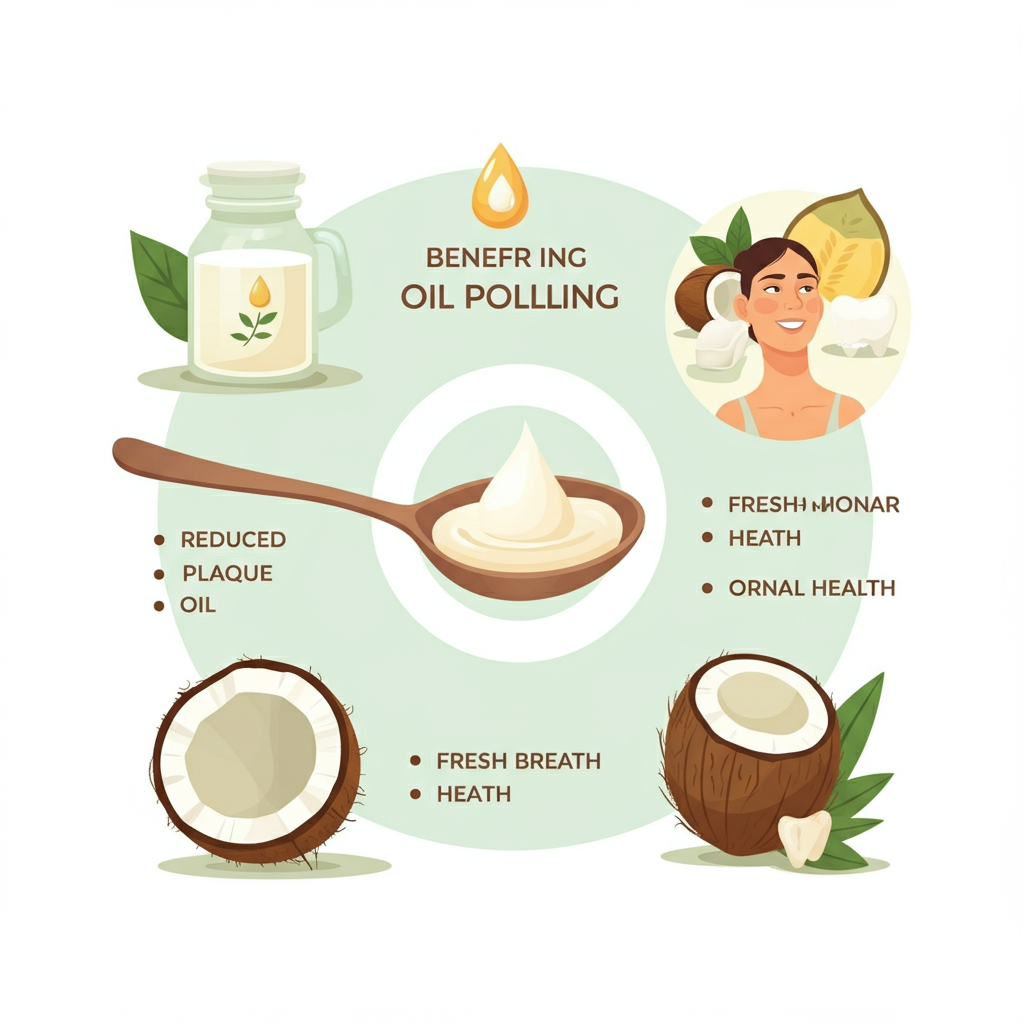
What Is Oil Pulling?
Oil pulling is a traditional folk remedy where you swish a tablespoon of edible oil in your mouth for about 15 to 20 minutes before spitting it out. The idea is that the oil “pulls” harmful bacteria and toxins from your mouth, improving oral hygiene and overall health. The most commonly used oils are coconut, sesame, and sunflower oil.
The process is simple:
- Put one tablespoon of oil in your mouth.
- Swish it around, pushing and pulling it through your teeth.
- Continue for 15-20 minutes, being careful not to swallow the oil.
- Spit the oil into a trash can (not the sink, as it can clog pipes).
- Rinse your mouth with water and then brush your teeth as usual.
Proponents believe that the lipids (fats) in the oil attract the lipid layer of bacterial cell membranes, causing the bacteria to stick to the oil. When you spit it out, you are theoretically removing a significant amount of harmful bacteria from your mouth.
The Claimed Benefits of Oil Pulling
Advocates of oil pulling associate the practice with a wide range of health benefits, extending beyond just oral hygiene. Some of the most common claims include:
- Reducing plaque and gingivitis
- Whitening teeth
- Freshening breath
- Decreasing tooth sensitivity
- Detoxifying the body
- Improving skin health and reducing headaches
While these claims are extensive, it’s important to separate anecdotal evidence from scientific fact.
What Does Science Say?
The scientific community has approached oil pulling with a mix of interest and skepticism. While some small-scale studies have shown promising results for specific oral health benefits, the broader claims about detoxifying the body lack scientific support.
Impact on Plaque and Gingivitis
Several studies have investigated oil pulling’s effect on plaque-causing bacteria. One of the most frequently cited culprits for cavities and gum disease is Streptococcus mutans. Some research suggests that daily oil pulling, particularly with coconut or sesame oil, can reduce the number of these bacteria in saliva and plaque in as little as one to two weeks.
Other studies have found that oil pulling can be as effective as a standard chlorhexidine mouthwash at reducing the bacteria that cause bad breath and gingivitis. However, these studies are often small and may not be as rigorous as larger clinical trials.
Teeth Whitening and Other Claims
The claim that oil pulling whitens teeth is largely anecdotal. While removing some surface stains and plaque might result in a brighter appearance, there is no scientific evidence to suggest that oil pulling has a natural bleaching effect.
As for the more systemic benefits, like curing diseases or detoxifying the body, these claims are not supported by science. The human body has its own highly effective detoxification systems, primarily the liver and kidneys. The idea that swishing oil can pull toxins from the bloodstream is not plausible from a biological standpoint.
The Bottom Line: Should You Try It?
So, does oil pulling work? The answer is nuanced. It may offer some benefits as a supplementary oral hygiene practice, particularly in reducing harmful bacteria and improving gum health. It is generally considered safe for most people, provided you do it correctly and don’t swallow the oil.
However, oil pulling should never replace the foundational habits of good oral care. It is not a substitute for brushing twice a day with fluoride toothpaste and flossing daily. The American Dental Association (ADA) does not currently recommend oil pulling, citing a lack of reliable scientific evidence to support its claims.
Think of it as a potential complement to your routine, not a cure-all. If you decide to try it, continue with your regular dental hygiene practices and keep up with your professional check-ups.
Professional Care Is Your Best Defense
While natural remedies can be intriguing, a proven, scientific approach is the most reliable way to ensure lifelong oral health. Consistent care from a dental professional is essential for preventing, diagnosing, and treating issues before they become serious.
If you’re looking for expert guidance on how to best care for your smile, the team at Celebrity Smiles is here to help. Contact our office on Gateway Blvd. in East El Paso today to schedule your next visit. Regular check-ups are the key to a healthy, beautiful smile that truly shines.
